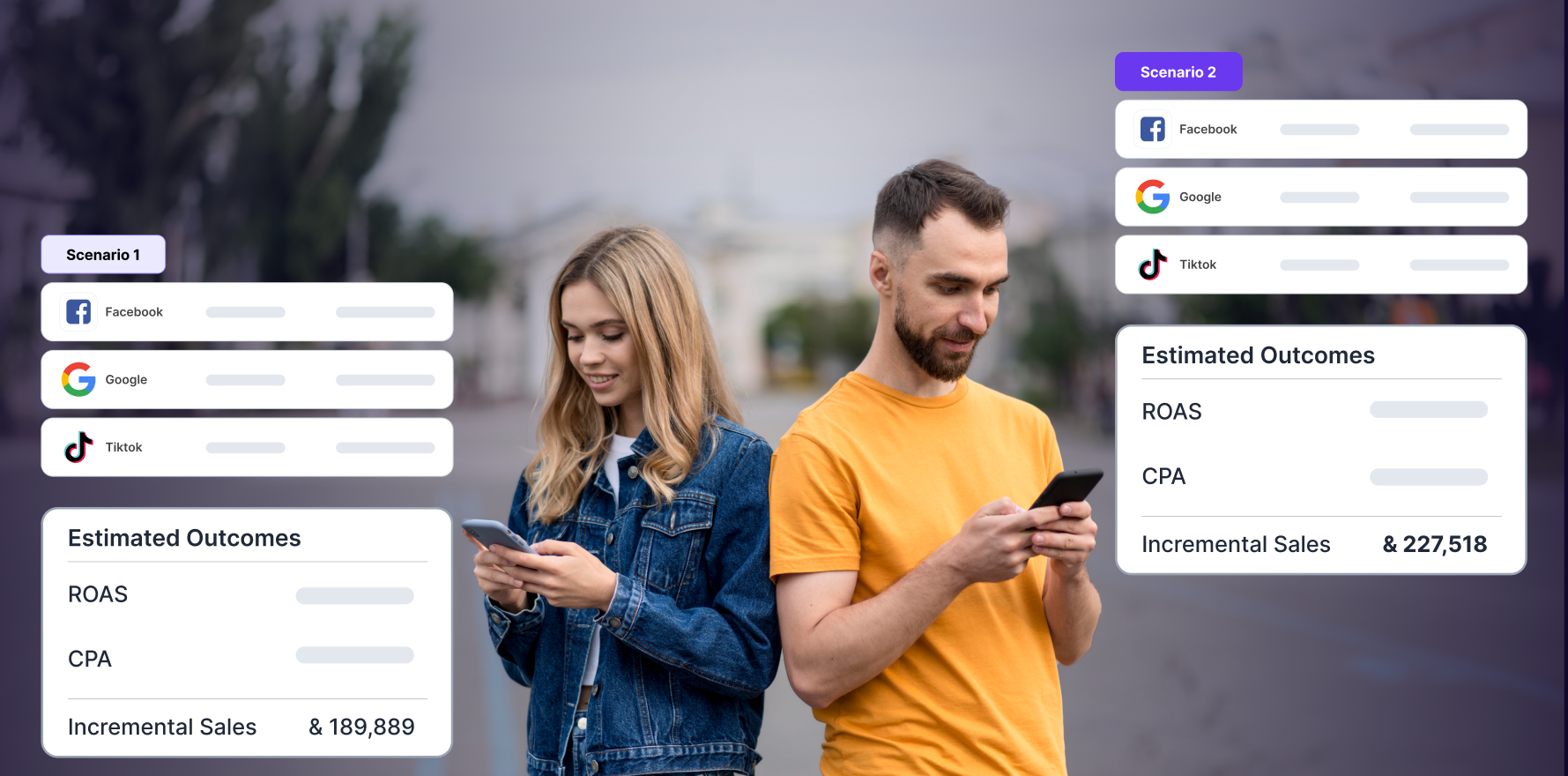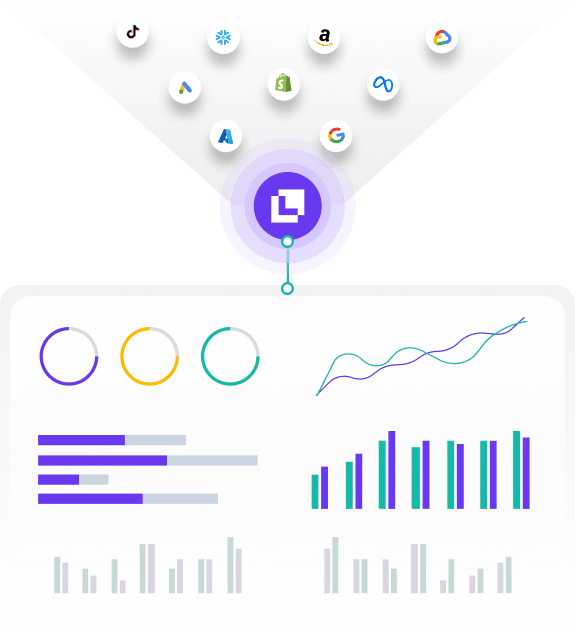
Introduction
Keywords are critical in understanding how users find your website through search engines. Google Analytics provides valuable insights into which keywords are driving traffic to your site, allowing you to refine your SEO and PPC strategies. This guide will show you how to find and analyze keyword data in Google Analytics, helping you optimize your marketing efforts for better performance.
1. Understanding Keyword Reporting in Google Analytics
Google Analytics collects data from various sources, including organic search, paid search, and direct navigation. For keyword analysis, it primarily uses data integrated from Google Search Console, providing insights into organic search performance.
2. Setting Up Google Analytics for Keyword Tracking
To access keyword data, you must first ensure that your Google Analytics is linked to Google Search Console. Here’s how to set it up:
- Google Search Console: Verify your website with Google Search Console and submit your sitemap.
- Link to Google Analytics: In Google Analytics, go to Admin settings, select the property you want to link, and under “Property Settings,” find “Adjust Search Console,” where you can add your Search Console data.
3. Step-by-Step Guide to Finding Keywords in Google Analytics
Step 1: Access Google Analytics
Log in to your Google Analytics account and select the property that corresponds to the website you’re analyzing.
Step 2: Navigate to Acquisition Reports
Go to the “Acquisition” section in the sidebar menu, then click on “All Traffic” followed by “Channels.” Here, you’ll see traffic segmented by channels including organic search, through which you can drill down to keyword data.
Step 3: Explore Search Console Reports
Within the “Acquisition” section, locate “Search Console” after linking it as mentioned above. Click on “Queries.” This report shows the keywords that users typed into Google to find your website.
Step 4: Analyze Keyword Data
- Review Queries: Look at the list of queries to understand what search terms are bringing users to your site.
- Analyze Performance: Assess the performance of each keyword in terms of clicks, impressions, CTR (click-through rate), and position in search results.
- Identify Opportunities: Identify high-potential keywords that have high impressions but lower clicks and CTR to optimize your content or ads for these terms.
4. Utilizing Keywords for SEO and PPC Optimization
- SEO: Use the keyword data to enhance your website content, improve meta tags, and adjust your content marketing strategies.
- PPC: Refine your AdWords campaigns by incorporating successful organic keywords and adjusting bids and ad copy based on keyword performance.
5. Advanced Techniques in Keyword Analysis
- Segmentation: Segment keyword data by device, location, or user behavior to gain deeper insights into different audience segments.
- Integration with Other Tools: Combine Google Analytics data with tools like Google AdWords and third-party SEO tools for comprehensive keyword analysis.
- Long-Tail Keywords: Focus on long-tail keywords that may have lower search volumes but higher conversion rates due to being more specific.
6. Troubleshooting Common Issues
- Not Seeing Data: Ensure that your Google Analytics is properly linked with Google Search Console. Also, it may take some time for data to start appearing after setup.
- Low-Quality Keywords: If you notice a lot of irrelevant or generic keywords, consider refining your SEO practices or revising the content on your site to target more specific and relevant terms.
Summary
Finding and analyzing keywords in Google Analytics is essential for effective SEO and PPC strategies. By understanding which keywords drive traffic and conversions, you can optimize your marketing efforts to target the most valuable terms, enhancing your online visibility and performance.
Free essential resources for success
Discover more from Lifesight















